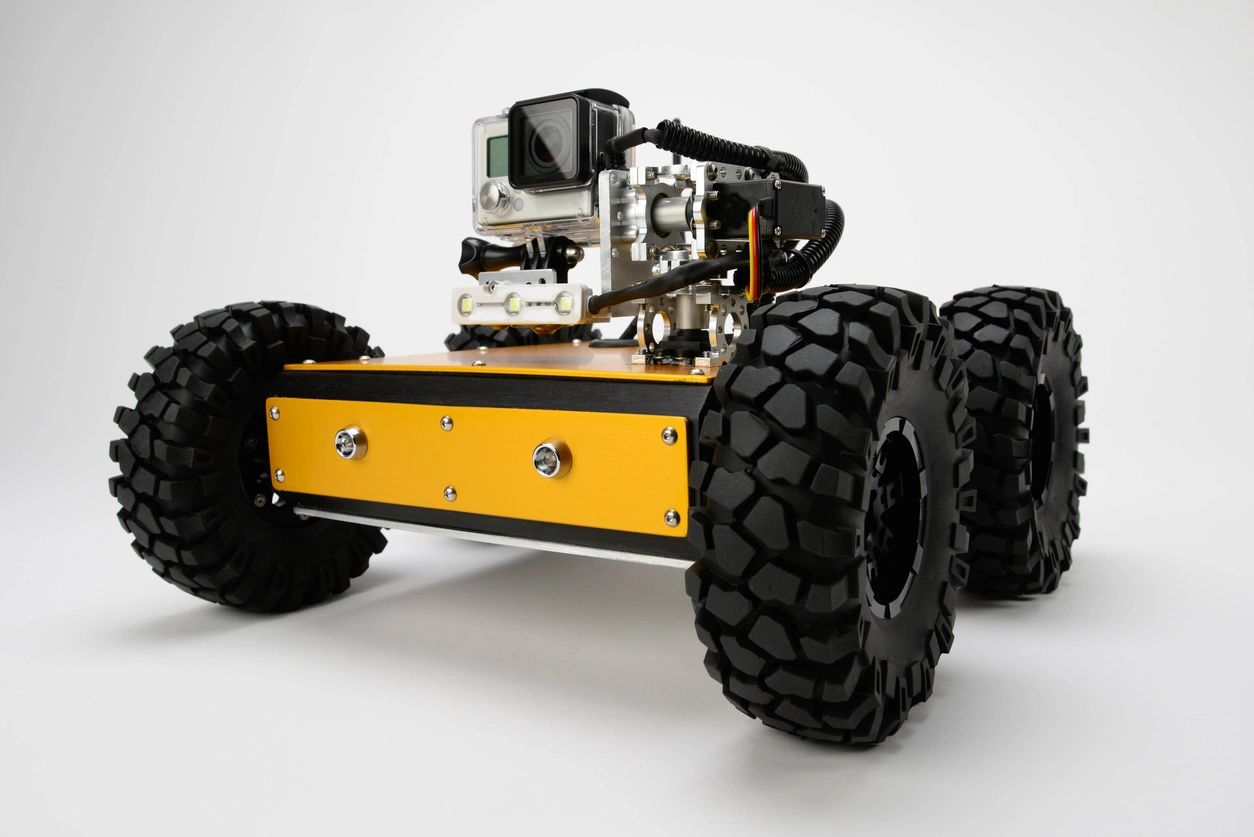Negligence is a legal concept that refers to the failure to take reasonable care that results in harm to another person. In the AI era, there is a growing debate about whether technology developers can be held liable for negligence if their products or services cause harm, even if the developers did not intend to cause harm.
One argument in favor of holding technology developers liable for negligence is that they have a duty to take reasonable steps to prevent harm. This duty arises from the fact that technology developers have a special knowledge of the risks associated with their products and services. For example, a technology developer who develops a self-driving car has a duty to take reasonable steps to prevent the car from causing harm, even if the developer did not intend for the car to cause harm.
Another argument in favor of holding technology developers liable for negligence is that it will help to deter them from developing products and services that are dangerous. If technology developers know that they can be held liable for negligence, they will be more likely to take steps to prevent harm.
However, there are also arguments against holding technology developers liable for negligence. One argument is that it is unfair to hold developers liable for harm that they did not intend to cause. Another argument is that it is difficult to prove that a developer was negligent. This is because it can be difficult to determine what a developer should have known about the risks associated with their product or service.
Ultimately, the question of whether technology developers can be held liable for negligence is a complex one that will likely be debated for years to come. However, it is clear that the law is evolving to address the unique risks associated with AI.
What we think:
- It is important to note that the legal concept of negligence is based on the idea of “reasonableness.” What is considered reasonable will vary depending on the specific circumstances. In the case of AI, it is likely that courts will consider factors such as the state of the art in AI technology, the potential for harm, and the steps that the developer took to prevent harm.
- It is also important to note that the law of negligence is not static. It is constantly evolving to address new technologies and new risks. As AI technology continues to develop, it is likely that the law of negligence will also evolve to address the unique risks associated with AI.
Overall, it is clear that the law is still developing in this area. However, it is likely that technology developers will be held liable for negligence if they fail to take reasonable steps to prevent harm from their products or services.

